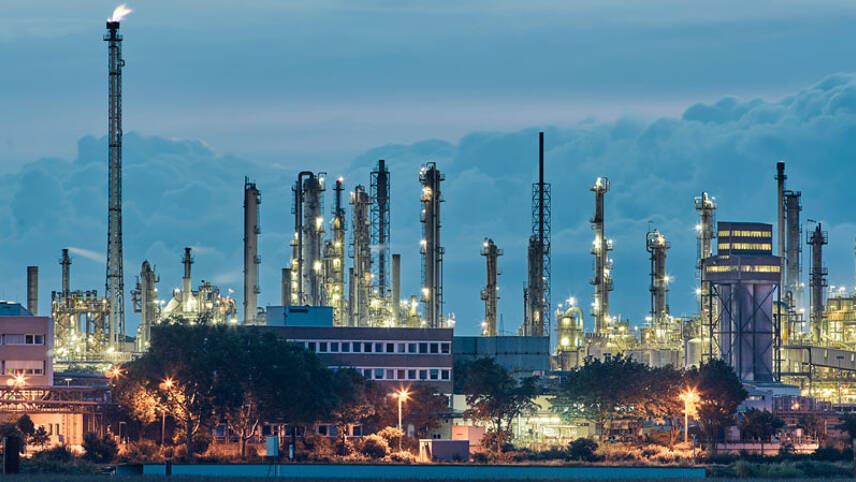Register for free and continue reading
Join our growing army of changemakers and get unlimited access to our premium content

Meanwhile, analysis from consultancy Deloitte has revealed that many companies have failed to sufficiently perpare for the new rules, in these sectors and others.
European manufacturers have previously been able to count on emitting about half of their CO2 without incurring extra charges under the EU’s carbon price (ETS) to maintain their competitiveness vis-à-vis foreign products.
However, in 2021, the European Commission proposed to replace the free emissions rights with a protective carbon tariff – the Carbon Border Adjustment Mechanism (CBAM). The scheme was ultimately adopted, to be gradually phased in from 2026.
Slowly, companies hoping to export their carbon-heavy products into Europe will have to pay up – incrementally matching the carbon avoidance costs of EU companies until 2032, when the scheme will take full effect.
Initially, only steel, iron, cement, aluminium, electricity, hydrogen, and fertiliser – goods whose production is associated with a big share of global CO2 emissions – will be affected by the tariff.
In mid-August, the Commission published the detailed reporting requirements that companies will have to comply with. The data gathering will have to start on 1 October this year and the first report is due for 31 January 2024, much to the dismay of Germany’s chemical industry.
Bureaucratic burden
“The bureaucratic madness caused by CBAM is unbelievable,” said Wolfgang Große Entrup, chief of the German chemical industry association VCI, on LinkedIn, adding that it is “necessary to draw attention to the new EU ‘climate protection instrument’” and called for European and German politicians to “wake up” to the policy’s impacts.
“CBAM should be the last resort,” said the industry association BDI, arguing that the threat of carbon levies should be used primarily to force foreign countries into compliance.
Various consultancies have chimed in, too. “Many companies will not manage to comply with all the new obligations as of October,” Stephan Freismuth, tax expert of the auditors KPMG, told German paper WamS.
As a consequence, penalties loom. Additionally, CBAM threatens to hit the German where it hurts most. Because of the CO2 levy on steel, “CBAM could contribute to making cars more expensive in the EU in the long run,” Freismuth said.
Foreign companies may also refuse to report their emissions in order to comply with the rules, precluding them from exporting to the EU – resulting in a loss of suppliers, he noted.
Deloitte, a competitor of KPMG, found a similar lack of preparedness among German firms.
“60% of decision-makers in companies that import the products in question from countries outside the EU are not familiar with CBAM,” the company reported, based on findings from a survey of 700 companies.
“Even if CBAM, with the corresponding financial implications, is not fully introduced until 2026, there is an acute need for action for many companies,” explained Michael Schäfer, a partner at Deloitte.
In order to align with the phase-in of CBAM, companies would have to get their carbon accounting up to speed in order to ensure their conformity with EU rules, he added.
Nikolaus J Kurmayer, EurActiv.com
This article first appeared on EurActiv.com, an edie content partner


Sounds like the usual bureaucratic madness, chaos at all costs1